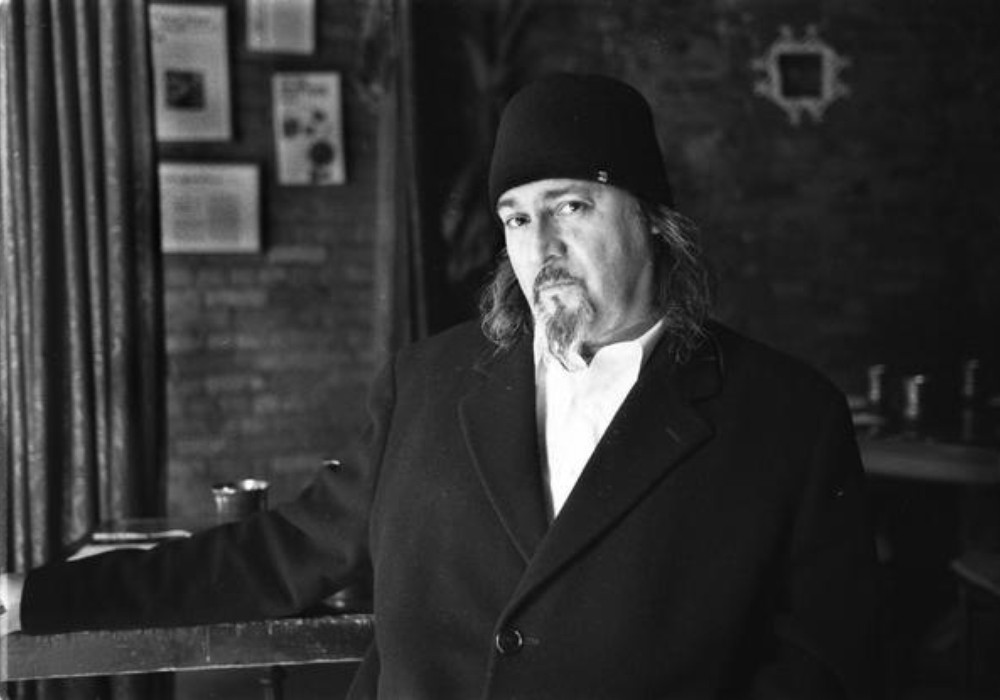A self-described late-bloomer who "didn't even think about" playing music until he was 18, Ken Andrews' recording sensibilities have developed on a parallel track, almost simultaneously, with his guitar playing and singing. He is perhaps best known for his work in Failure (a band built around his creative partnership with Greg Edwards), who were active from 1991 until 1997. Ken's engineering ability blossomed fully just after the band's frustration with outside producers had peaked, so they decided to record Failure's third and final album on their own, with Andrews taking care of the tracking and mixing. Sprawling and dense with an almost cinematic feel, the resulting album, Fantastic Planet (1996), is highly regarded as an unsung classic by a small but growing group of people despite the fact that Failure, in Ken's own words, "didn't sell that many records." While it can be argued that Fantastic Planet''s atmospheric depth continues to quietly impact the sonic shape of recent heavy rock, Ken has had several opportunities to directly contribute with what he's done behind the boards for artists such as Tenacious D, Perry Farrell, Blinker The Star, Self, Creeper Lagoon, and Peter Yorn. Currently, Andrews is focused on his new band, Year of the Rabbit, but we can look forward to more outside production/engineering and mix jobs as he finds the time, as well as future releases from his more electronic-based, solo project, ON. Ken and I spoke three mornings in a row (twice while on his commute to Year of the Rabbit mixing sessions at L.A.'s Studio Atlantis). We talked at length about his time in Failure, working with Steve Albini [Tape Op #87], the virtues of digital recording, and the advantage of owning a mobile Pro Tools rig.
Failure's albums Magnified and Fantastic Planet seem to follow a natural progression, in terms of the sonic growth, but your first album, Comfort, is quite a contrast.
Well, Comfort was recorded probably a month after we signed [to Slash], which was probably like 14, 16 months into the life of the band.
With Steve Albini...
Yeah. You had a situation where you had a really green band that had done little or no recording, wasn't very good — I mean, had good ideas — we were really trying. We wanted to be original and be different and have a different sound — but we didn't really have the chops to pull it off, and I wasn't a very good singer. Combined with Steve's kind of dogmatic style of recording, it just didn't work out — I don't think it worked out. It's kind of interesting to hear the record, but as a whole, it wasn't really a success. He does so many bands and he has his way of doing things and he doesn't really change them to accommodate any sort of situation or help out any weaknesses in a band. It's like he does what he does and if it works out and syncs up with your sound, then you get a great record. The one thing that made me want to work with him when I talked to him was that I mentioned two specific records that he had done, Goat by the Jesus Lizard and Pod by the Breeders. And when I mentioned those records, he immediately said, "Those are the two records I'm most proud of."
It doesn't seem to me, just from a listening standpoint, that his approach is very adaptable.
I guess he thinks of himself more as this audio... documentarian or something, where he's just trying to take a picture of what's there, which is fine, and can work sometimes. It's just, I'm not interested in that — I look at the studio as an instrument and I wouldn't want to work with someone like that again. You get to a point and everyone's standing there looking at each other going, "Why does this suck?" It's usually, I think, the producer's job, or even the engineer's job or whoever's got the most experience in the room to go, "Let's try something different." Steve is very good at saying provocative things about recording. It's helped give him his notoriety. I think he likes to fuck with people. It's pretty awesome [when you think about it]: his whole thing — and I think he knows this and pretty much everyone else knows this — is that he enjoys getting attention by what he says. His dogma on recording really plays well with a lot of bands because it's got this like blue collar work ethic. Like if you just work, work, work, it's gonna happen sort of a stance — and bands like that. They want to hear that.
From the credits, it's not clear how much you guys were involved in the mixing.
It's hard to remember exactly... With Steve it's not like you really go in there and say, "Now we're mixing." He thinks mixing is over emphasized. I think, basically, as we finished the last overdub, he just kinda tweaked it for a few minutes and then printed it. Keep in mind this was ten years ago. My memory is a little foggy. I have no idea what he's like now.
And it's difficult for younger bands to even know where they fit into the mixing process.
I just remember there were some really awkward moments where he turned around and went, "That's it — does it sound alright?" and we were just like... we couldn't say anything. [laughs] We just didn't know what to say.
Sure, and you wouldn't have had the vocabulary at that point to even express...
Right, what would we [say]? [laughs] We thought it didn't sound good — we were just kind of hoping, "Well, maybe when we take it home, it'll sound different or something..." It was really hard. I just remember...


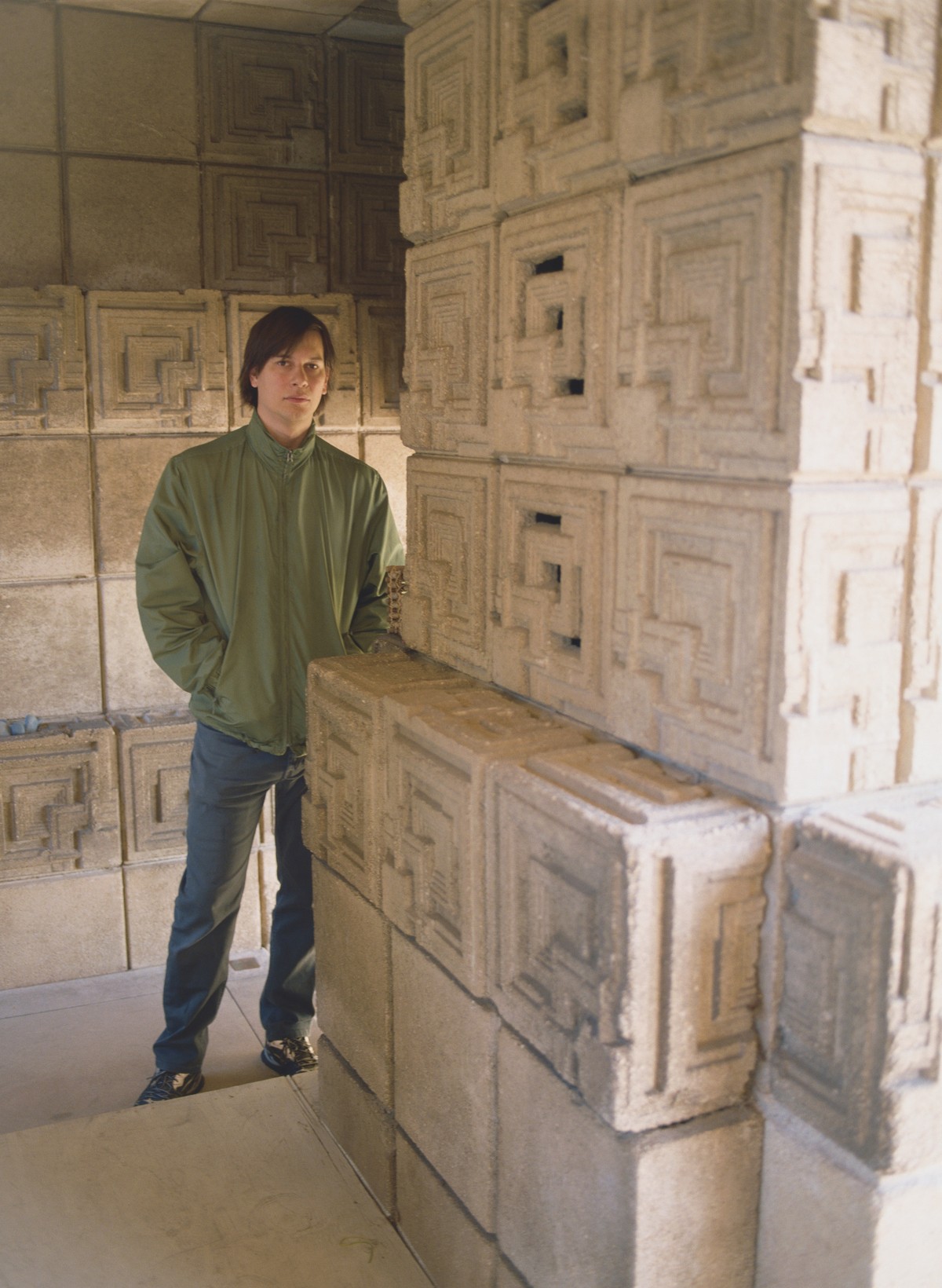
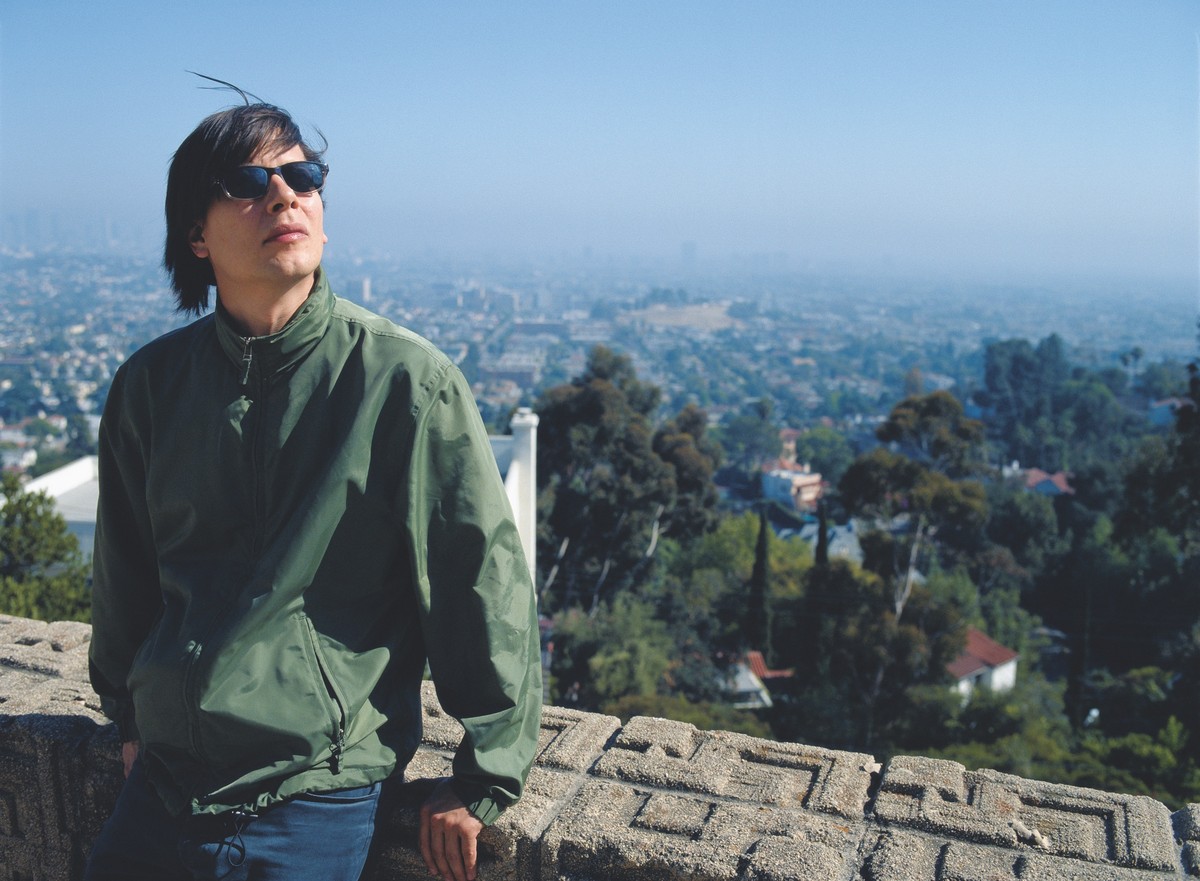
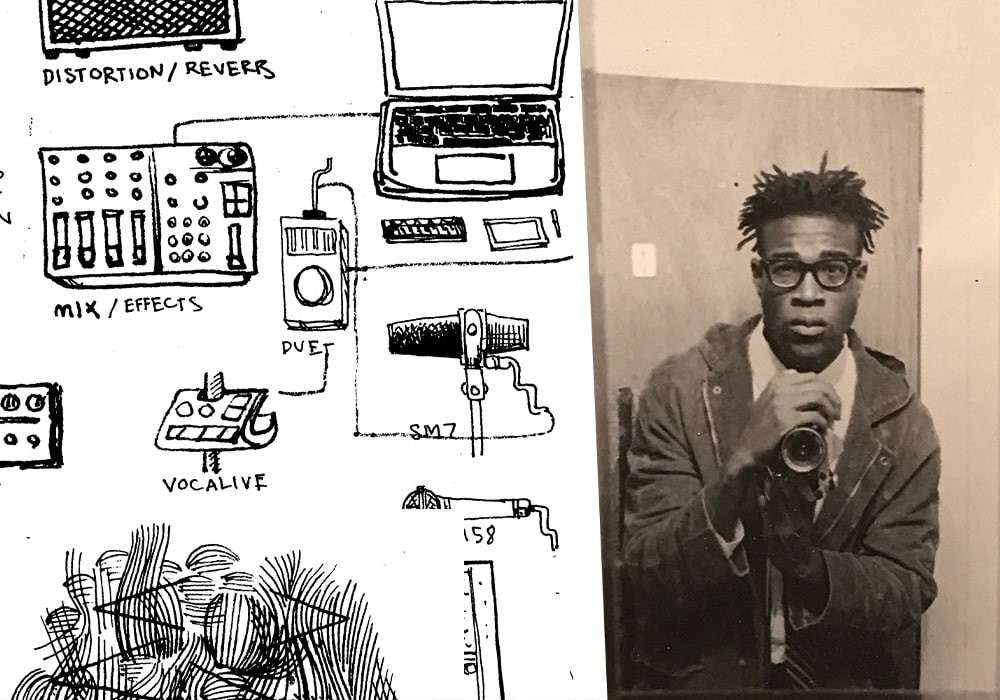
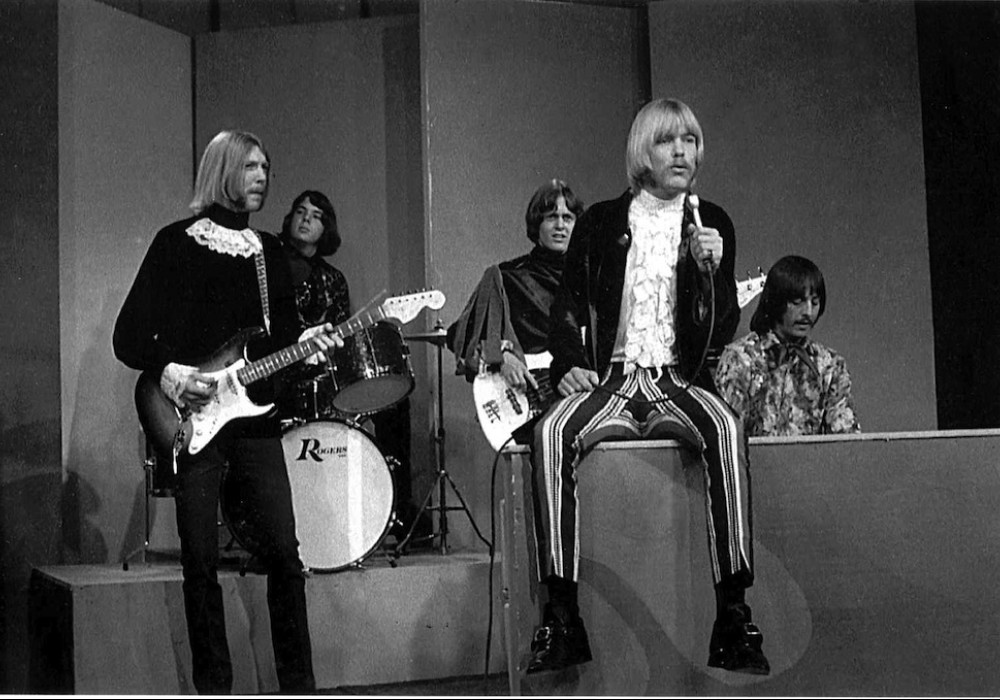
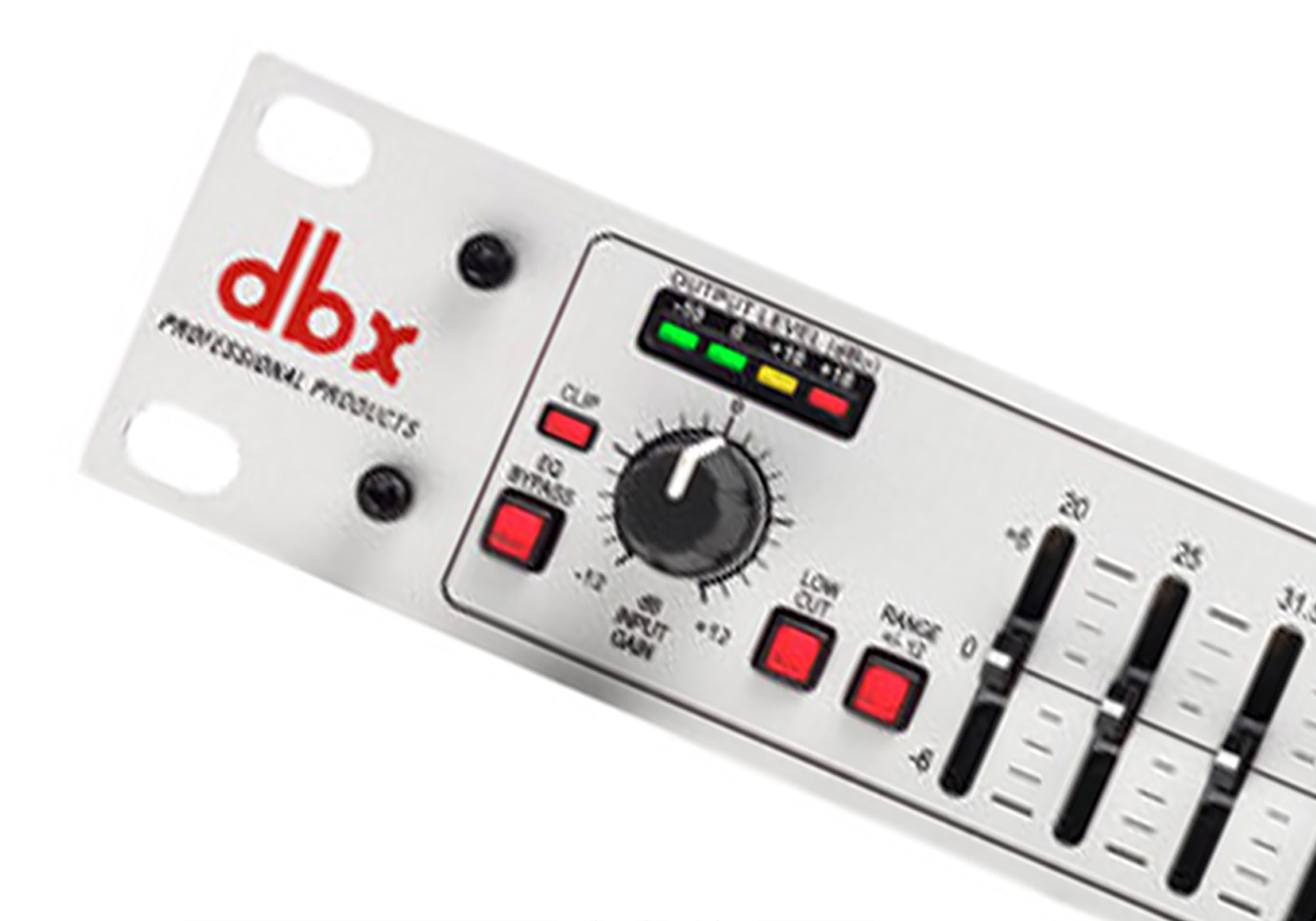
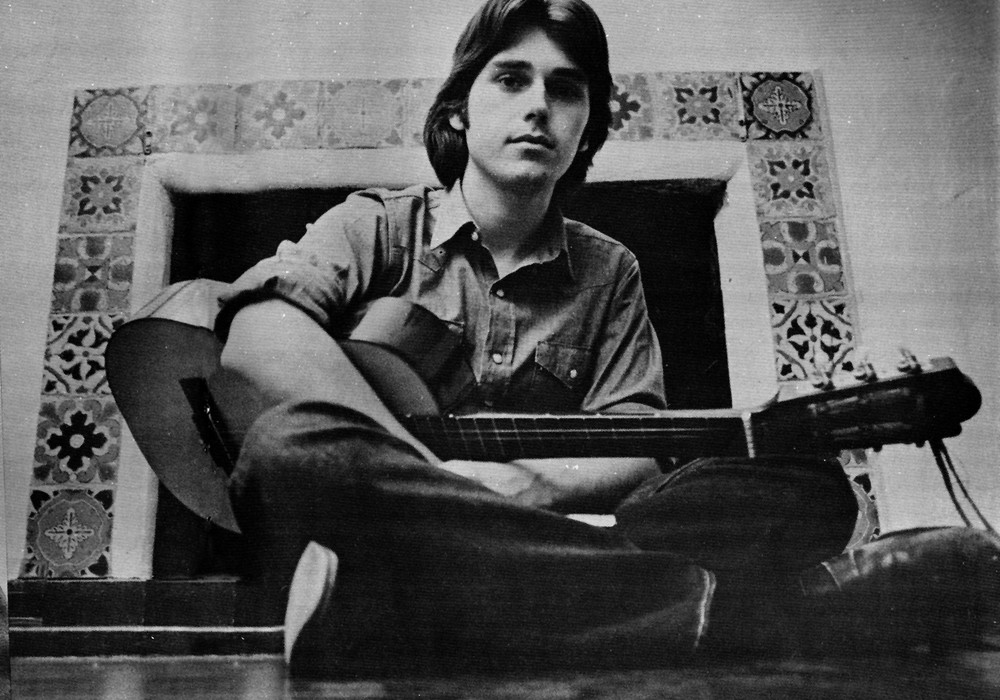
_display_horizontal.jpg)

